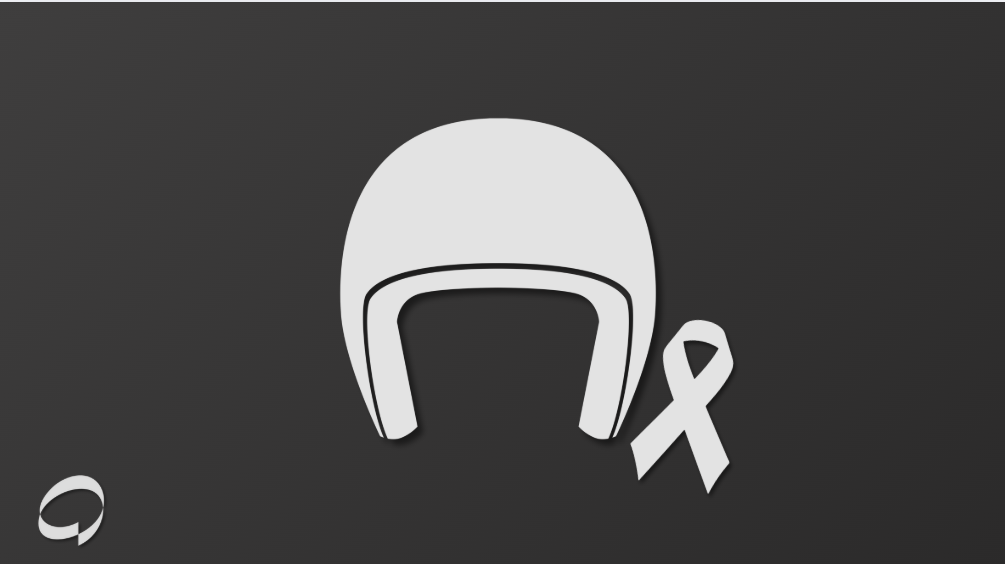Denpasar, August 31, 2025 — A wave of protests has swept across multiple Indonesian cities since August 25, 2025, reflecting widespread public discontent with the country’s political climate and persistent social and economic injustices. These protests have not only been marked by alleged human rights violations against its participants but have also resulted in widespread infringements on the digital rights of Internet users across the country. On-the-ground developments suggest troubling practices by both government authorities and social media platforms that undermine the principles of free expression in digital spaces.
As a digital rights advocacy organization, SAFEnet views this situation as a clear manifestation of the increasing restriction on freedom of expression, digital authoritarianism, and the militarization of Indonesia’s cyberspace. Our concerns stem from a series of recent incidents that represent serious violations of citizens’ digital rights:
- Criminalization of Khariq Anhar, a student activist from the University of Riau and administrator of the Aliansi Mahasiswa Penggugat (AMP) social media account, under Article 32(1) and/or Article 35 of Law No. 11 of 2008 on Electronic Information and Transactions (ITE Law). Khariq was arrested on August 28, 2025, at Soekarno-Hatta International Airport after advocating for the August protests via AMP’s Instagram account.
- Circulation of WhatsApp contacts belonging to leaders of the civil society coalition, falsely presented as those of members of the Indonesian House of Representatives. This led to widespread spam, harassment, and security threats. Additionally, digital intimidation, including threats, doxxing, gender-based online violence, and other cyberattacks, have targeted individuals who voiced their criticism on social media.
- Disruptions to internet access and digital information flow, including content moderation, feature restrictions, and power outages in key protest areas such as Jakarta and Bandung. These disruptions impeded public access to information and heightened physical risks for the protest participants. Alleged sabotage of server optic cables through arson further compromised internet connectivity and communication flows in Jakarta. These patterns mirror previous instances of Internet interference during protests in recent years.
- Suspension of TikTok’s livestream feature, which had served as an alternative channel for documenting protests on the streets and subsequent police brutality. The suspension was justified on security grounds and has not only curtailed access to information and communication but also impacted economic livelihoods, particularly for small business owners who rely on livestreaming for sales.
- Indications of coordinated information operations aimed at diverting public attention from police violence. Disseminated narratives sought to redirect public outrage toward the House of Representatives rather than demand accountability for police brutality. Protesters were increasingly labeled as “anarchists” in efforts to delegitimize their demands. Alarmingly, incitement targeting Chinese Indonesian communities resurfaced, echoing traumatic events from the 1998 Reformasi protests. The Indonesian Armed Forces (TNI) also appeared to seek visibility using its social media accounts, such as @PuspenTNI, portraying the soldiers as peacekeepers at protest sites, despite lacking any formal mandate to do so.
- A statement from the Ministry of Communication and Digital Affairs announcing plans to summon representatives from Meta and TikTok on August 26, 2025, to discuss the removal of content labeled by the government as disinformation, defamation, and hate speech. Within days, excessive content moderation occurred across platforms owned by these companies, including Instagram, YouTube, and TikTok, resulting in account suspensions and the removal of posts documenting police violence under claims of “incitement and violence.” Users on X (formerly Twitter) also received takedown requests from the Ministry, despite the fact that many of the posts constituted legitimate expressions, including alleged footage of the Chief of National Police ordering to open fire on demonstrators.
- In Bali, police confiscated, searched, and forcibly extracted data from the cell phones of protesters in Bali.
In light of these six documented incidents, we call on the following parties to take immediate action:
- The Government of Indonesia, particularly the Indonesian National Police, must cease all forms of digital repression in response to the protests. Any restriction of human rights must adhere to the three-part test: legality, necessity, and proportionality. The government must also guarantee public access to information throughout the protests. Independent media must be granted full freedom to report without any technical interference.
- Social media companies, especially Meta, ByteDance, and Google, must ensure their operations respect human rights in accordance with the UN Guiding Principles on Business and Human Rights and the OECD Guidelines for Multinational Enterprises. These companies must resist government requests for content moderation or feature restrictions that contravene human rights standards.
- The Indonesian National Armed Forces (TNI) must withdraw from protest sites and return to their barracks. They must also cease disseminating narratives on social media portraying their presence as neutral or peacekeeping, as such roles fall outside their official mandate.
- The National Human Rights Commission (Komnas HAM) and other national human rights institutions must conduct thorough investigations into the reported violations.
- The UN Human Rights Committee and Special Procedures of the UN Human Rights Council must continue monitoring the digital rights situation in Indonesia and initiate comprehensive investigations into violations occurring during this critical period.
To ensure collective safety and security during the protests, we also urge the civil society organizations in Indonesia or abroad to:
- Strengthen holistic security measures, including digital safety, in their organizational and movement work. We encourage the use of safer alternative platforms for communication and information dissemination.
- Avoid provocations that may incite horizontal conflict. It is essential that public narratives remain free of stigma, labeling, or hate speech targeting vulnerable, marginalized, and minority groups.
- For civil society organizations abroad to continue monitoring developments in Indonesia’s digital rights landscape and stand in solidarity with the Indonesian people.
Contact: 08179323375
Social media: @safenetvoice

